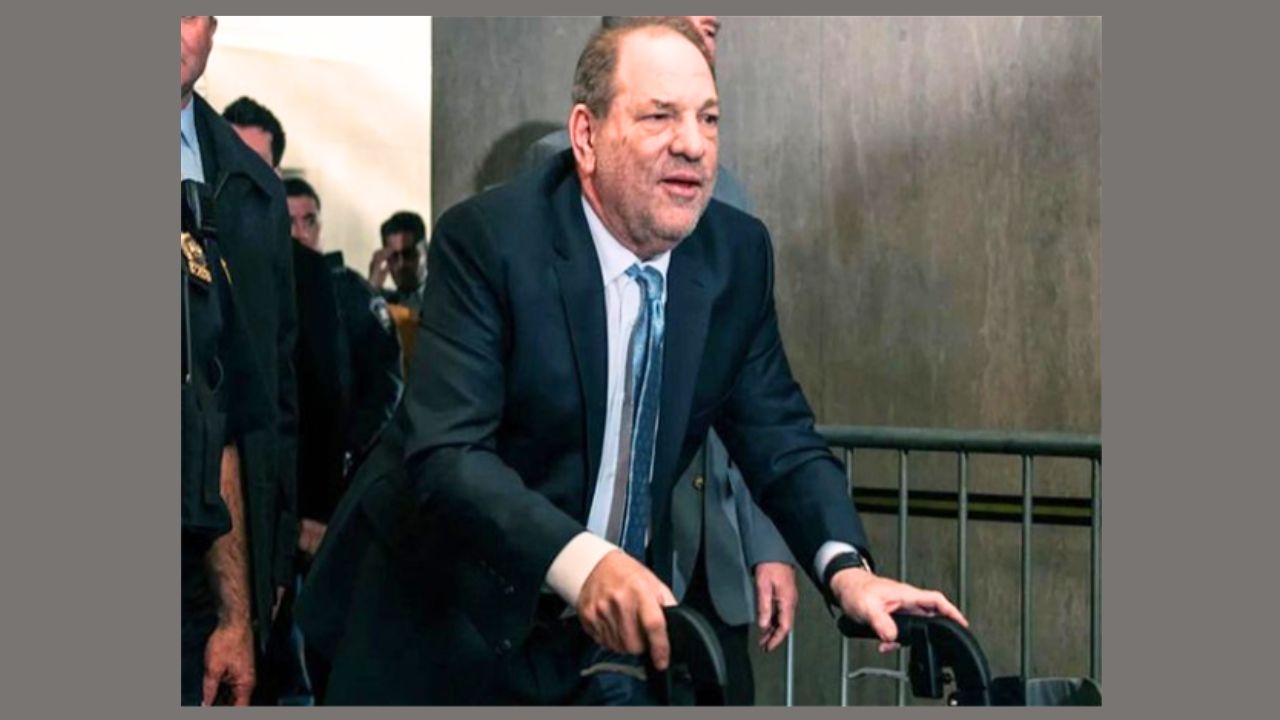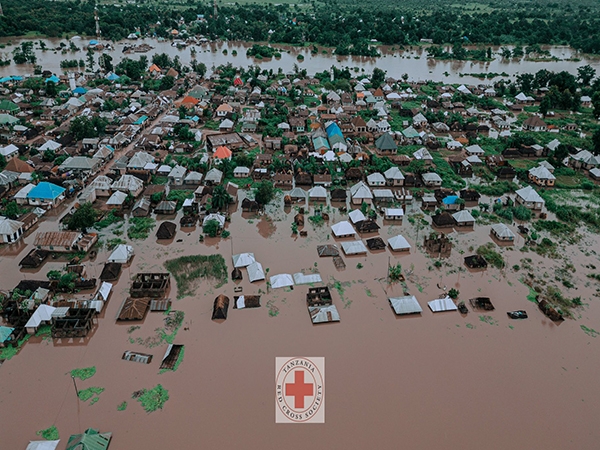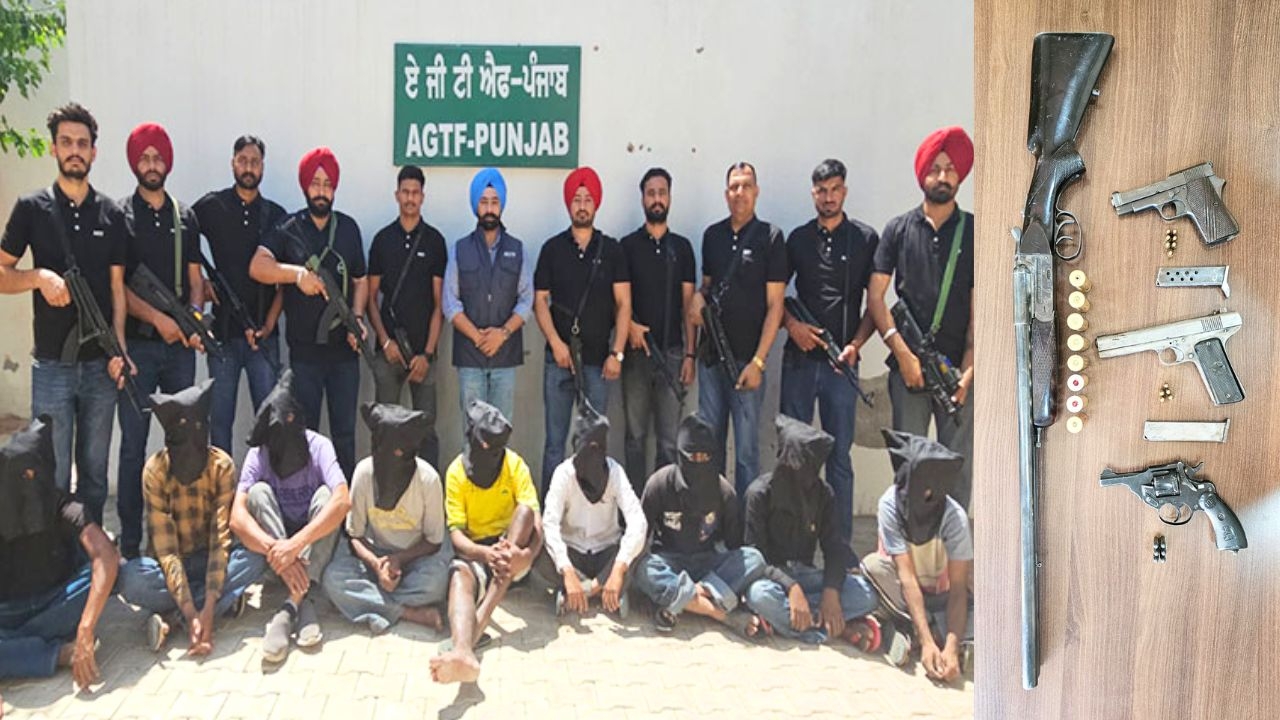After the beef ban & porn ban, here comes a ban on entering India's jails
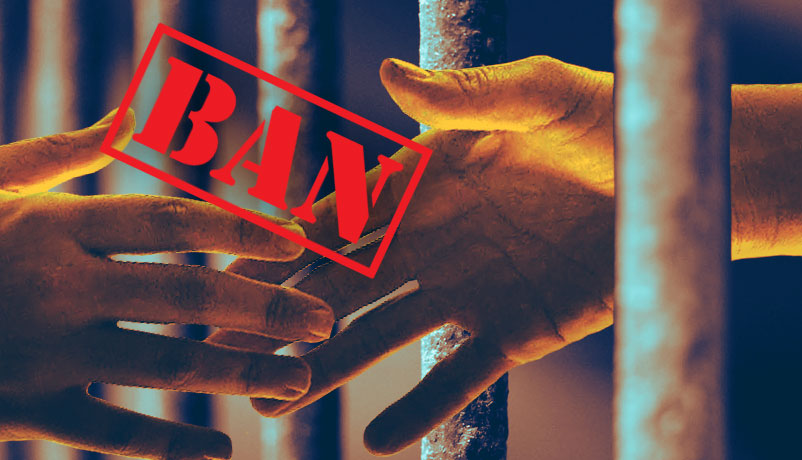
The move
- Nobody to be \'ordinarily\' allowed into jails for research - home ministry
- Academics, hacks who need visit jails must apply before 30 days
- A visit to the jails will be sanctioned only after a Rs 1 lakh deposit
- Govt to vet all interviews, video clips
The consequence
- This pushes India more towards being a nanny state
- Their will be no way to know the state of India\'s jails
- Violation is rampant in prisons; almost 70% prisoners are undertrials
The NDA government's list of clampdowns just got longer. A recent circular from the Union home ministry has barred Indian citizens from entering prisons for a host of valid reasons.
The circular has mostly gone unnoticed - even among the media and rights activists. But it is very much in line with the series of curbs that this government has placed on civil liberties.
Is the Modi sarkaar trying to turn India into a nanny state?
Does it believe that only the government is wise enough to decide what's good or bad for its citizens?
Between telling people what not to eat (the beef ban) and what not to watch (stopping porn), the government has tried vilifying civil society activists and sent notices to television channels that aired views contrary to the government's on the hanging of Yakub Memon.
Prohibited zone
And now it has decided that nobody should "ordinarily be allowed entry into the prison for the purposes of doing research, making documentaries, writing articles or interviews etc."
Perhaps this is the Centre's way of trying to prevent a repeat of the 'India's Daughters' episode. The documentary by British filmmaker Leslee Udwin on the Delhi gang rape, with an interview of one of the convicts, had caused an uproar and left the government with egg on its face.
Parliamentary Affairs Minister Venkaiah Naidu had then said the film was a "conspiracy to defame" India. Not only did he justify a ban on its telecast, he also assured Parliament that the government would prevent its telecast anywhere in the world.
Keeping in mind the government's stand then and its action now, no body can be faulted for assuming that its priority is not to crack down on rapes or speed up the judicial process, but to blip out rape convicts from having any contact with the outside world.
"I did not like Udwin's documentary. But to use that as an excuse to hit all human rights defendants is like using a hammer to kill a fly", says Suhas Chakma, Director of the Asian Centre for Human Rights.
Trespassers to be prosecuted
If you think that the premise of the new circular is draconian, wait till you get down to some of its provisions:
- Any individual (be it journalists, NGO workers or someone from a private company) who wants to visit a prison for research, shoot a documentary, write an article or interview an inmate, has to file an application at least 30 days prior to the visit.
- The visitor will need to deposit Rs 1 lakh as security with the jail superintendent, who will forfeit the money and start legal action if any guideline is violated.
- Only handycams, video cameras or tape recorders will be allowed inside. No tripods, stand-mounted cameras and stand-mounted equipment will be allowed.
- If the superintendent feels an ongoing interview is not "desirable", s/he will immediately intervene.
- Videography/photography that may create "potential security risk or social/communal disturbance" will not be allowed.
- The visitors will have to submit their equipment for three days with the superintendent for her/him to review the material and delete "anything objectionable".
- Visitors will also have to submit the final version of their film/research paper/article/book to concerned state governments for a final no-objection certificate.
Beware of the nanny state
The government has brought these guidelines on the sly. So much so that many human rights activists are not even aware of them. When Catch News spoke to some of them, their reaction was a mix of bewilderment and outrage.
Calling the move "illogical and horrendous", Chakma pointed out up to 70% of the inmates in Indian jails were undertrials. Many of them were there because they could not arrange enough money to bail themselves out.
"If activists, academicians and journalists do not dig out their stories, how will the outside world come to know? How will things change?" he asks
The government must be asked on what basis did it conclude that ordinarily, nobody should be allowed access to prisons? says Anil Chaudhary of Indian Social Action Forum (INSAF). "Can it list 10 harms of allowing journalists, human rights defenders and academicians access to prisons?"
But why the secrecy
The acquittal of a large number of people falsely implicated in various cases may have prompted the government's move, he says, citing the examples of Kudankulam and Akshardham.
More than 5,000 cases of sedition were slapped on anti-nuclear protesters in Kudankulam, Tamil Nadu. Several of them are being acquitted now. In the Akshardham temple attack case, several young Muslim boys were falsely accused. They lost 12 years of their life before being acquitted.
Prisons in India are chock-a-block with undertrials. Does the home ministry want to cut them off from the outside world?
If those people start filing for damages, the government will be in a soup. Thus, it is wary of them and also of the journalists and activists who helped their cause, he says.
"The biggest achievement of democracy is expression. This move stifles the right to expression of media as well as prisoners," says Om Thanvi, former secretary general of the Editors' Guild.
The bigger picture
The circular betrays an ideology of low tolerance to openness, says Thanvi, who looks at the issue as part of a sequence of steps that the NDA government has taken that lead to curtailment of civil liberties.
Human rights advocate Shalini Gera feels that the move damages the idea of a jail being a reformative space, turning it into a black hole.
Custodial torture, rapes and deaths in prison are not unheard of in India. Decreasing transparency and access to prisons would only harm the criminal justice system, Gera says.
The National Crime Records Bureau's data, showing 118 custodial deaths reported in 2013, supports the argument.
Unlike the ban on porn, these guidelines did not receive much attention. Could that be because of a common, but misplaced understanding that all prisoners are guilty and deserve the harshest treatment?
More than two lakh prisoners languishing across India's jails are undertrials. If their narrative stops coming out, it will be a travesty not just for them but for the entire society.
"Does the government want to turn its prisons into gulags?" Chakma asks angrily, referring to the forced labour camps for political prisoners in the Soviet Union.
First published: 19 August 2015, 4:19 IST
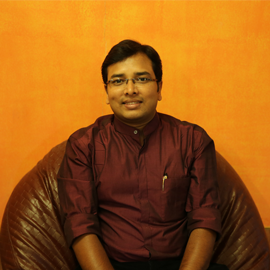
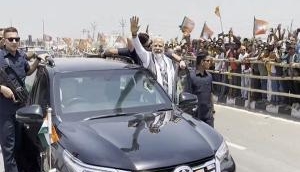
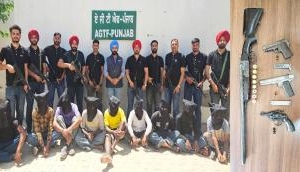
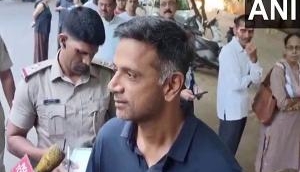
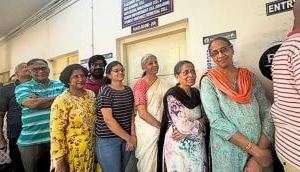
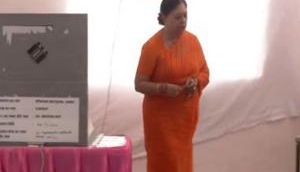
![BJP's Kapil Mishra recreates Shankar Mahadevan’s ‘Breathless’ song to highlight Delhi pollution [WATCH] BJP's Kapil Mishra recreates Shankar Mahadevan’s ‘Breathless’ song to highlight Delhi pollution [WATCH]](http://images.catchnews.com/upload/2022/11/03/kapil-mishra_240884_300x172.png)

![Anupam Kher shares pictures of his toned body on 67th birthday [MUST SEE] Anupam Kher shares pictures of his toned body on 67th birthday [MUST SEE]](http://images.catchnews.com/upload/2022/03/07/Anupam_kher_231145_300x172.jpg)


